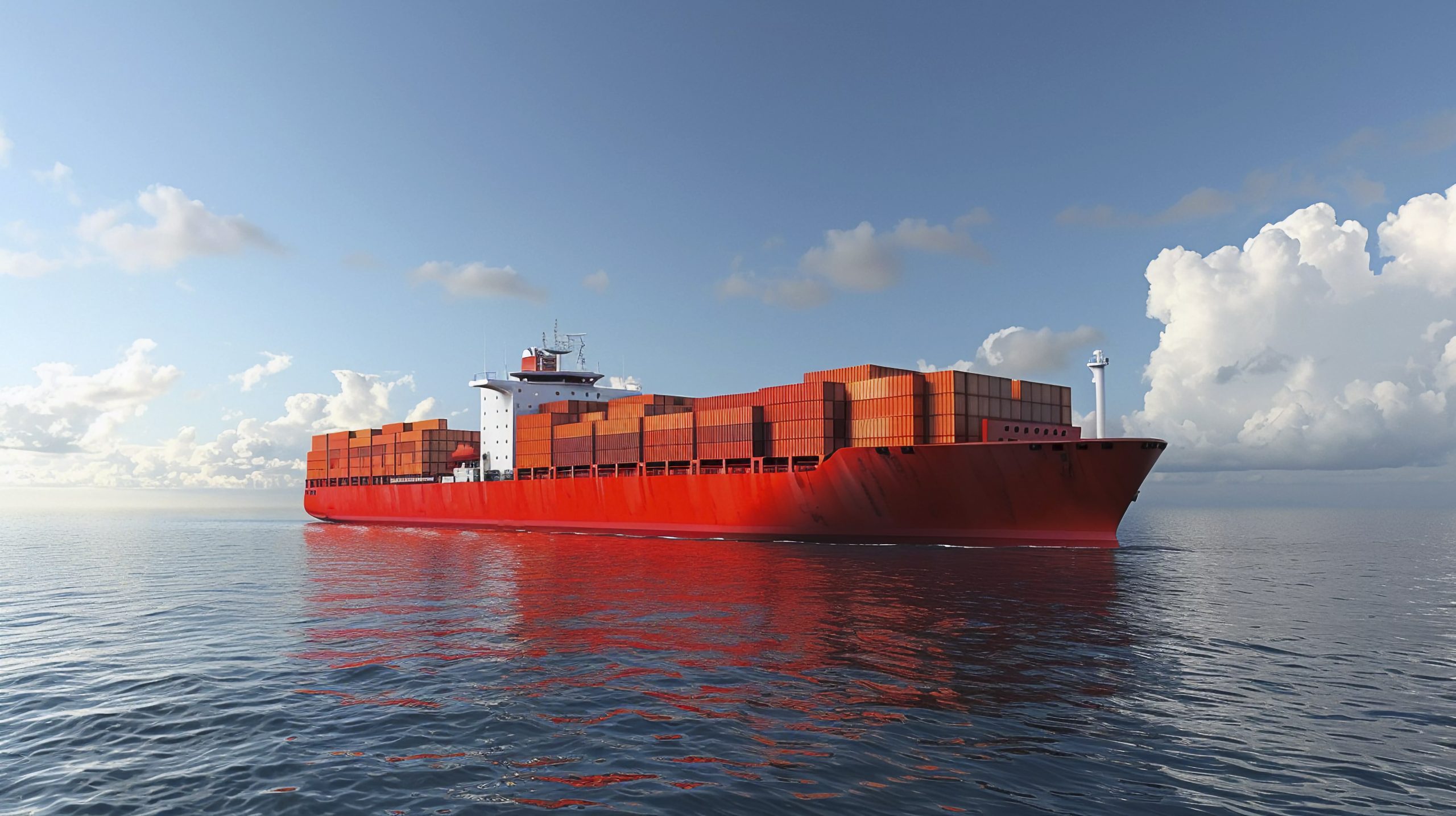The maritime industry is undergoing a significant transformation as it works to align with global decarbonization goals. Regulatory frameworks like the IMO’s Sulphur cap and carbon intensity targets have accelerated the transition toward cleaner marine fuels, prompting shipowners, charterers, and fuel suppliers to rethink how vessels are powered.
Adapting to Regulatory Pressures – In response to environmental regulations, the industry has steadily shifted away from high-Sulphur fuel oil towards low-Sulphur fuels and alternative energy sources. While compliance has become standard operating procedure, the evolving nature of global regulations means the pressure to adapt—both operationally and commercially—will only increase. Sustainability is no longer a buzzword; it’s a business imperative.
The Rise of Alternative Fuels – Among the most promising developments is the growing adoption of biofuels, LNG, and methanol as viable bunker fuel alternatives.
- Biofuels offer an easy drop-in solution with immediate emissions reductions and compatibility with existing engines.
- LNG continues to be embraced as a transition fuel, offering a cleaner-burning option compared to conventional marine fuels—though concerns like methane slip remain.
- Methanol is gaining ground quickly, with several major players investing in dual-fuel vessels and green methanol production. Its handling simplicity and lower emissions profile make it an increasingly attractive option.
While these fuels offer different pathways to decarbonization, they each present their own challenges in infrastructure, availability, and cost—factors that must be carefully considered in long-term fuel strategies.
What Shipowners Should Consider – As cleaner fuels become more integrated into global bunkering networks, shipowners must take a strategic view of the transition.
Key considerations include:
- Fuel availability across key trade routes
- Engine and vessel compatibility
- Cost implications and long-term price trends
- Supplier reliability and fuel quality assurance
- Regulatory developments and future-proofing operations
Transitioning to alternative fuels is not just a technical or regulatory exercise—it’s a commercial decision that will shape fleet operations for years to come.
Looking Ahead – The move toward cleaner marine fuels is gaining momentum, and the pace of change will only accelerate. For industry players, staying ahead means more than reacting to regulations—it means proactively shaping bunker procurement and fuel strategies around sustainability, compliance, and operational resilience. The future of bunkering is no longer only about cost—it’s about choosing the right fuel, at the right time, for the right journey.

